So, you’ve done your research, you’ve found an excellent breeder and you’ve picked your new puppy from a litter of adorable bundles of fluff. You have a few weeks before you bring your new puppy home – how exciting!!! But are you fully prepared for that big day? Have you thought about how you will puppy proof you home and your garden? Do you have young children that will also need to be prepared for the arrival? Do you have other dogs or pets that will need careful introductions? Do you know what kit you need to buy? Have you considered how much time you will need to spend with the puppy as you settle them into their new environment?
Bringing home a new puppy is not that different to bringing home a new baby so it’s best to be as prepared as possible when the day comes. Don’t wait until the day they arrive to put things in place, use these precious, quiet few weeks to plan and prepare to ensure that first day with your new puppy is as stress free as possible for everyone.
This is a first in a series of blogs to help you prepare for your new puppy. This first instalment is all about puppy proofing your home and garden and what equipment you will need to buy.
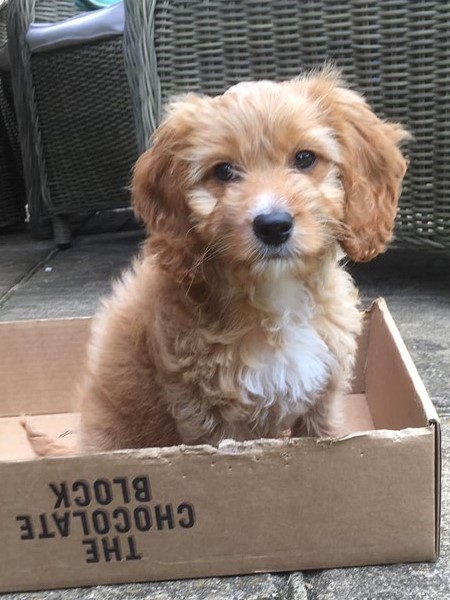
Puppy Proofing your home - inside
Believe it or not your puppy isn’t going to know the difference between a lovely fluffy new puppy toy and the bottom of your plush velvet curtains. Puppies explore with their mouths as they don’t have hands like us, so this means they are likely to mouth on all the things they shouldn’t e.g. electric cables, table legs, skirting boards, rubbish bins, curtain ties etc.
The easiest way to prevent your puppy from chewing something they shouldn’t or that could be potentially harmful is to limit your puppy’s access in the home. Puppy pens and stair gates are a great way to ensure your puppy stays safe when you can’t watch them like a hawk. Creating a confinement area for your puppy will also help with toilet training as it will prevent them from making mistakes all over the house.
This doesn’t mean your puppy will always be confined to barracks, it just means that for the first few months of their lives with you they get to understand boundaries. By preventing them from finding the wonders of the kitchen or dining room will mean they will never know what they missed out on and therefore prevent problem behaviours like counter surfing or begging at the table from ever happening.
Other things you can do to prevent mistakes happening when your puppy is not in their confinement area are:
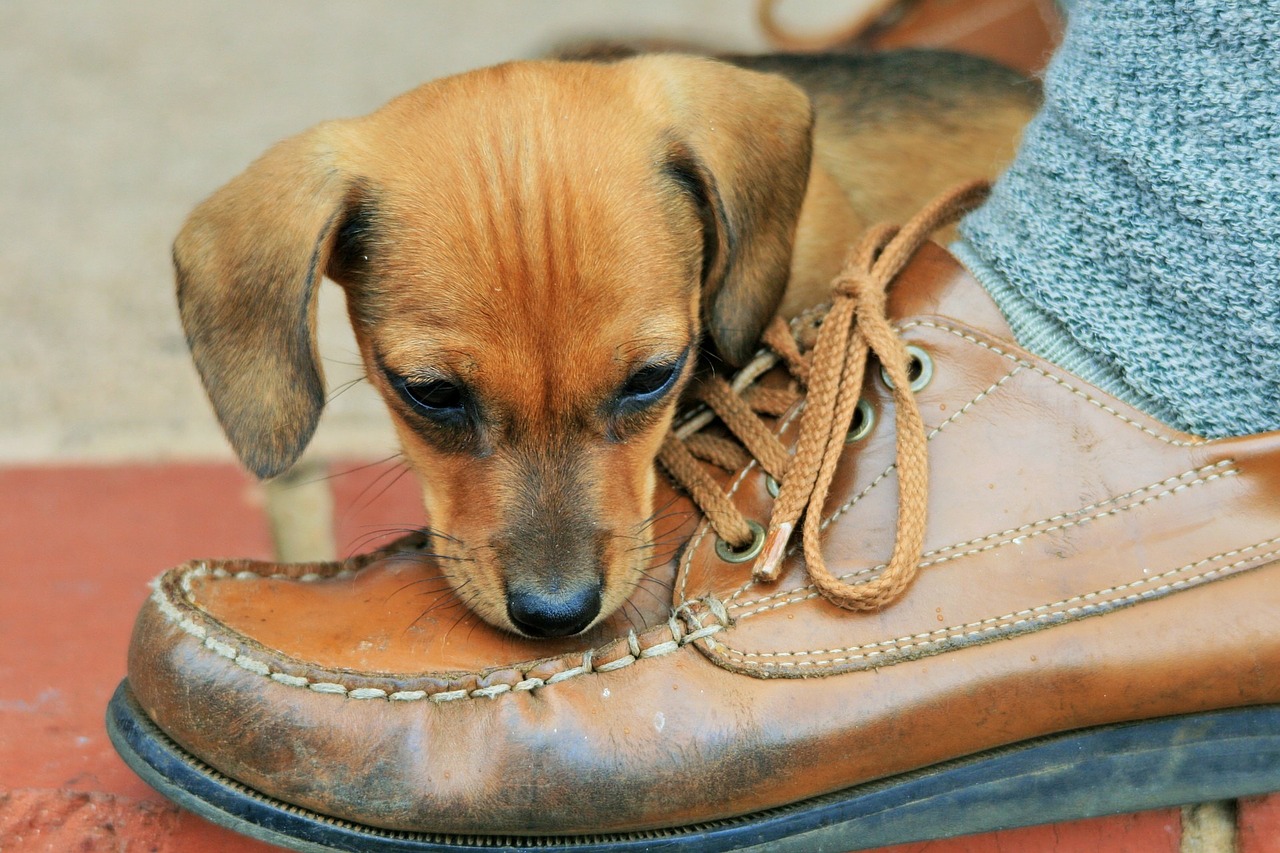
Puppy Proofing your home – outside
The most obvious thing to check in your garden is that your puppy can’t escape. Even if you think that they will never get through that small gap in the fence, fix it before they arrive - where there’s a will, there’s a way! If you have a very large garden it might be better to fence off an area for your puppy or use a large puppy pen/enclosure. Consider how big your dog is going to be when they’re fully grown. A 4ft fence might be ok now but any medium to large dog would be able to clear that no problem (trust me I know this from experience!). A 6ft fence is recommended for most dogs. I would also recommend a solid fence rather than a mesh fence that your puppy can see through. This will prevent problem behaviours like barking at your neighbours every time they go to put their washing out!
Other things to think about are:
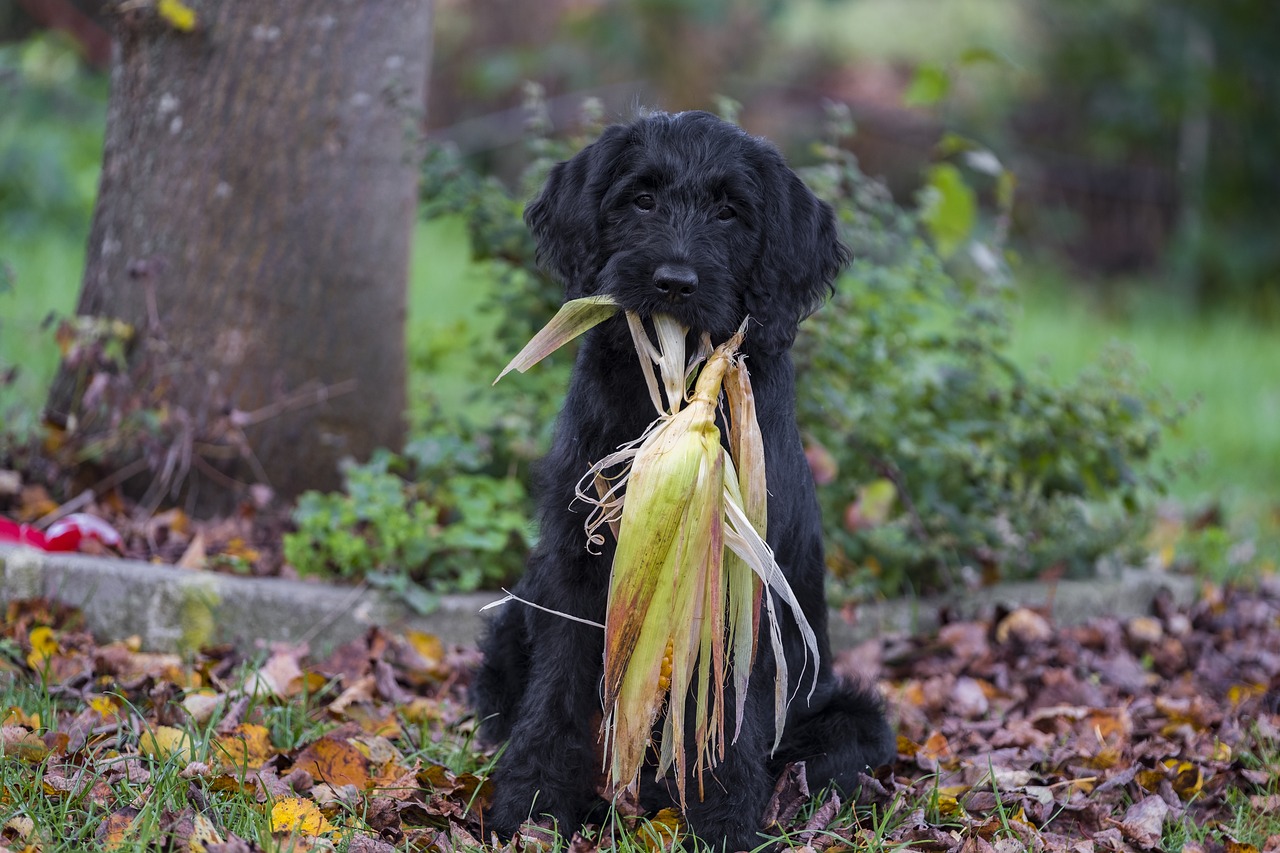
What to buy?
It’s easy to spend an absolute fortune on exciting things for your new puppy so here is a list of my must haves for all new puppy owners:
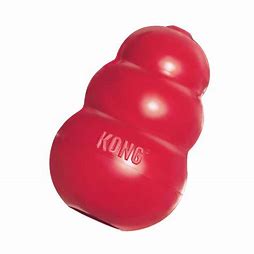
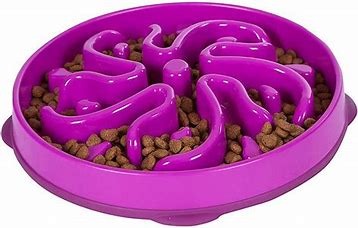
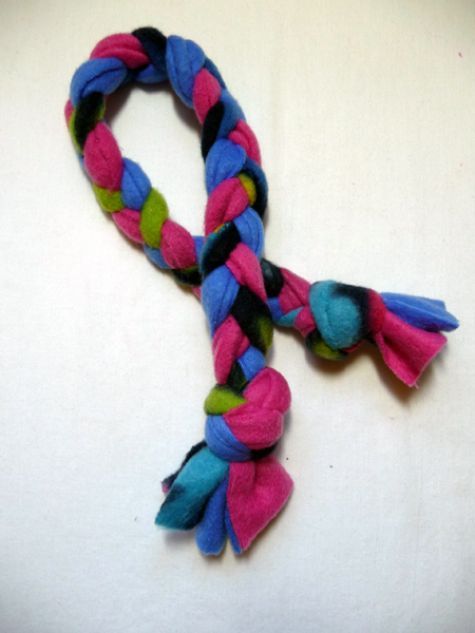
So, as you can see there’s lots to think about before you bring your new puppy home. If you haven’t owned a puppy before or it’s been a while since you did then I would strongly recommend getting the help from a trainer before your puppy arrives. They will be able to help you make sure you are ready for that big day, have the right set up in your home and guide you through those first critical days with your new member of the family.
Take a look at the IMDT website to find a qualified trainer near you: https://www.imdt.uk.com/find-a-qualified-imdt-trainer